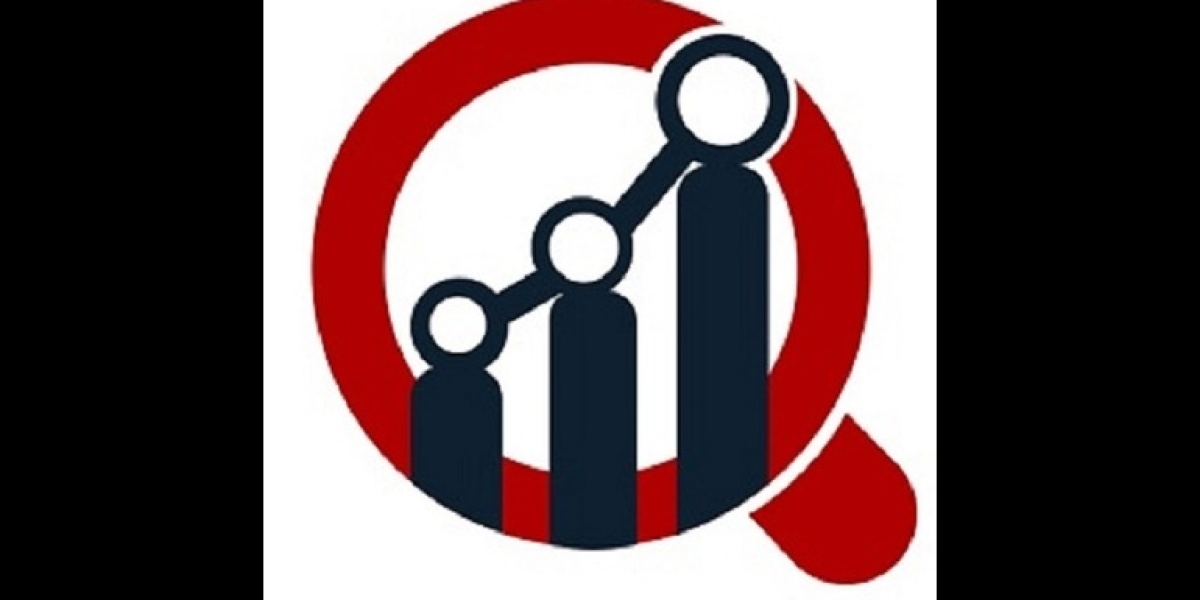Banking as a Service (BaaS): Revolutionizing the Financial Ecosystem
In today’s digital age, traditional banking is undergoing a profound transformation. At the forefront of this evolution is Banking as a Service (BaaS) — a model that allows non-bank companies to offer financial services by integrating with licensed banks via APIs. By enabling fintechs, startups, and even non-financial brands to embed banking services into their platforms, BaaS is reshaping the way consumers and businesses interact with financial products.
What is Banking as a Service?
Banking as a Service Market Size refers to a model where regulated financial institutions provide their infrastructure — such as payment processing, digital wallets, loans, or account management — to third parties through APIs. These third-party providers can be fintech firms, e-commerce platforms, or even retailers looking to enhance customer experience with embedded financial solutions.
For example, a ride-sharing app could use BaaS to offer drivers a digital bank account or debit card, seamlessly integrating financial functionality into its existing platform.
How BaaS Works
- Licensed Bank: Holds the necessary regulatory approvals and provides core banking services.
- BaaS Platform: Acts as a middleware layer offering APIs for easier integration.
- Third-party Businesses: Integrate these APIs to offer customized financial products under their brand.
The BaaS model streamlines compliance, infrastructure management, and risk — allowing non-banks to focus on user experience and innovation.
Key Benefits of BaaS
- Speed to Market: Launch financial products faster without building banking infrastructure from scratch.
- Cost Efficiency: Reduce development and regulatory compliance costs.
- Customer Loyalty: Offer convenient, embedded services that enhance user retention.
- Scalability: Easily expand offerings across geographies or customer segments.
Use Cases of BaaS
- Fintech Apps: Digital wallets, neobanks, or investing platforms offering banking services.
- Retail and E-commerce: Store-branded credit cards, buy now pay later (BNPL), and loyalty-linked wallets.
- Gig Economy Platforms: Integrated payments, expense tracking, and savings accounts for freelancers and drivers.
- Travel and Hospitality: Instant refund processing, multi-currency wallets, and prepaid cards.
Market Trends and Growth Drivers
The BaaS market is growing rapidly due to:
- Rising demand for embedded finance
- Open banking regulations across regions
- Increased fintech funding and innovation
- Shifting consumer expectations for seamless digital experiences
According to industry estimates, the global BaaS market is projected to reach billions of dollars in valuation by 2030, driven by partnerships between banks, technology providers, and customer-centric brands.
Challenges in BaaS Adoption
Despite its potential, BaaS comes with challenges:
- Regulatory Compliance: Navigating complex financial regulations across jurisdictions.
- Security & Data Privacy: Ensuring safe data exchange between multiple parties.
- Dependency on Partner Banks: Service quality and reliability depend on banking partners.
The Future of BaaS
As the financial ecosystem becomes increasingly modular, BaaS will play a critical role in democratizing access to banking infrastructure. In the coming years, we can expect:
- More partnerships between banks and tech companies
- Greater personalization of financial services
- Adoption across sectors beyond fintech, including healthcare, logistics, and education
Conclusion
Banking as a Service is not just a trend — it's a foundational shift in how financial services are delivered. By enabling seamless, embedded finance through API-driven platforms, BaaS empowers businesses to innovate, adapt, and meet the evolving demands of a digital-first world. As regulatory frameworks mature and technology advances, BaaS is set to unlock new value across the global economy.
Related Report -
Debt Collection Software Market
Digital Transformation Consulting Market






